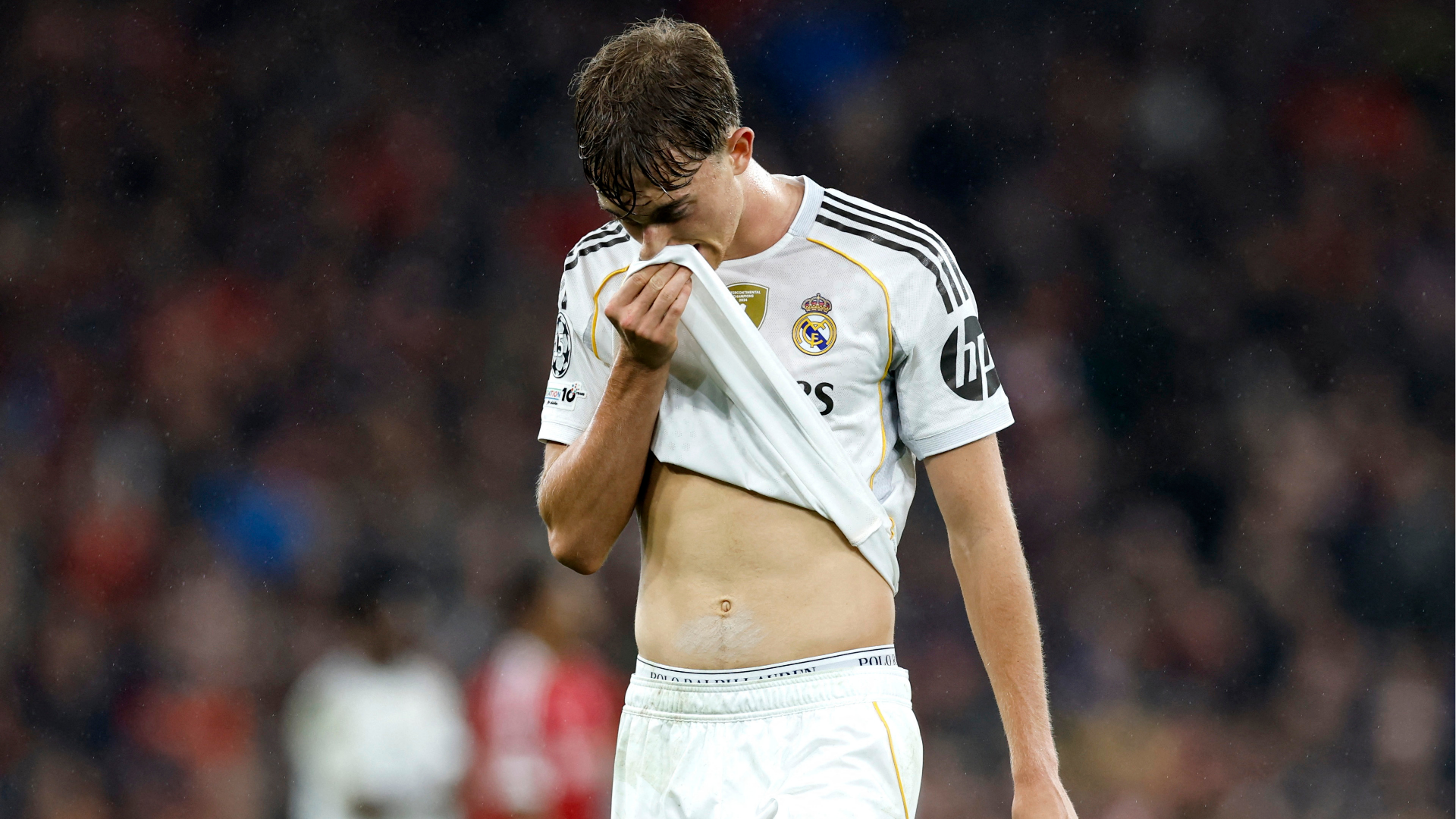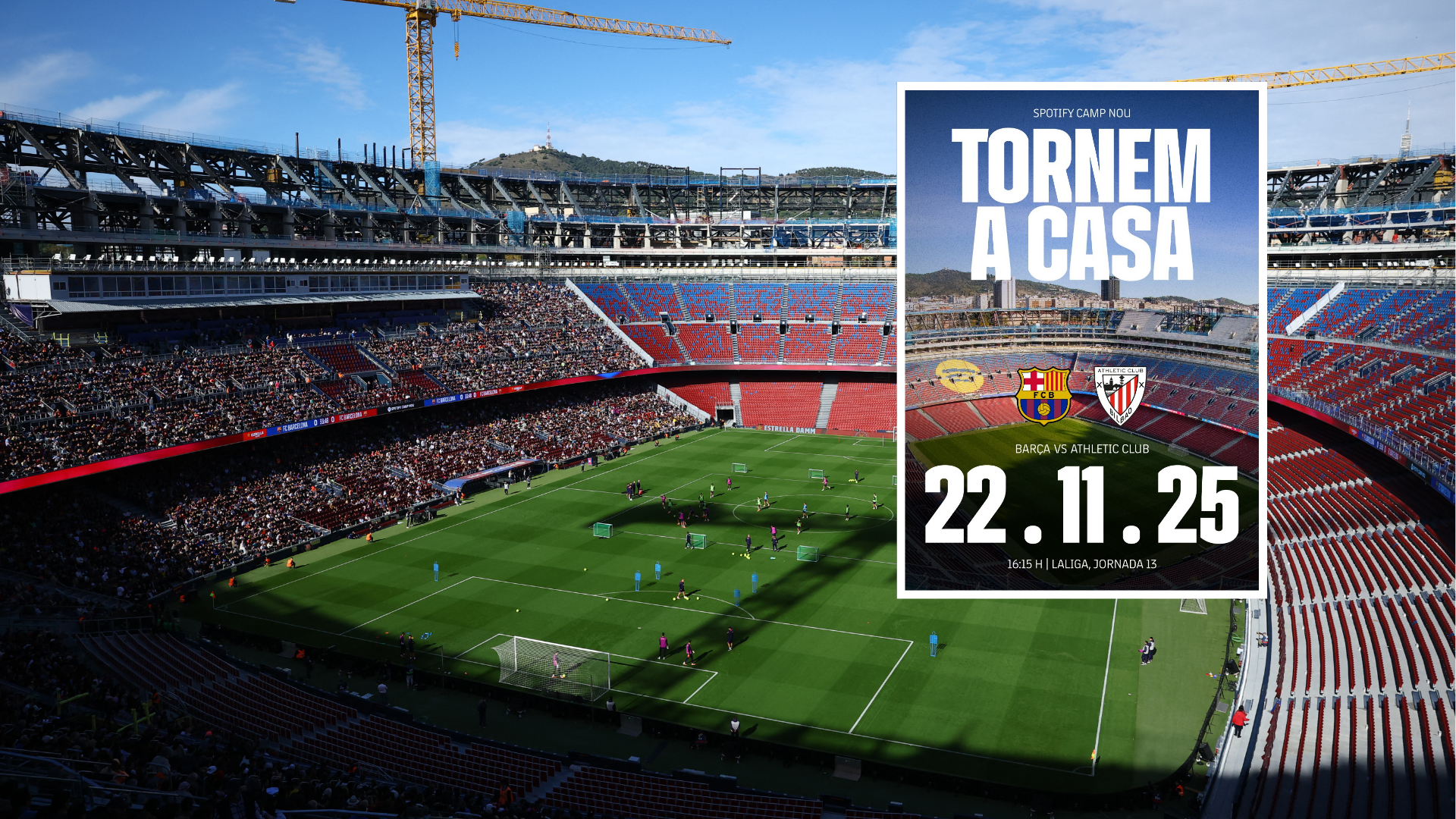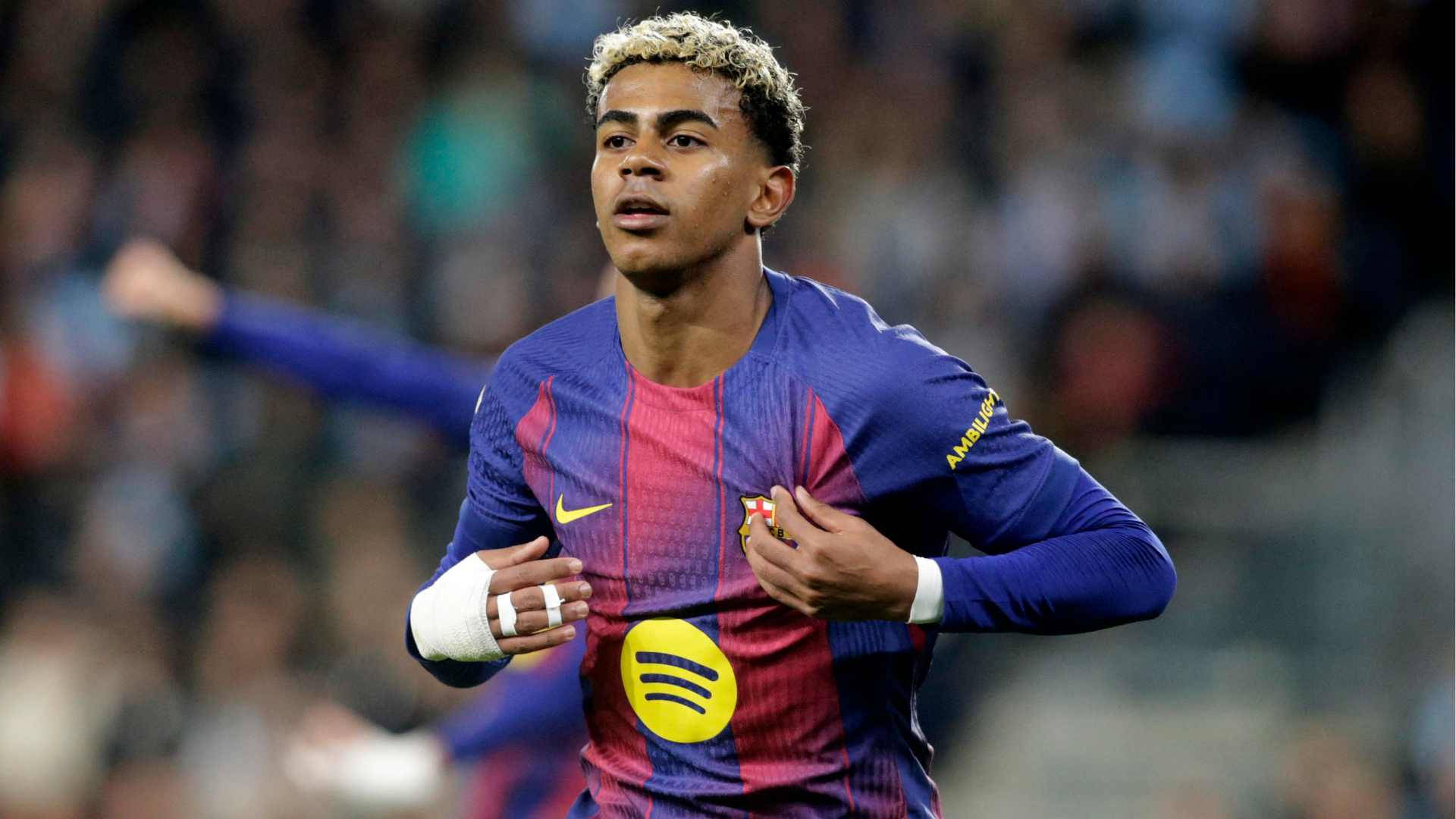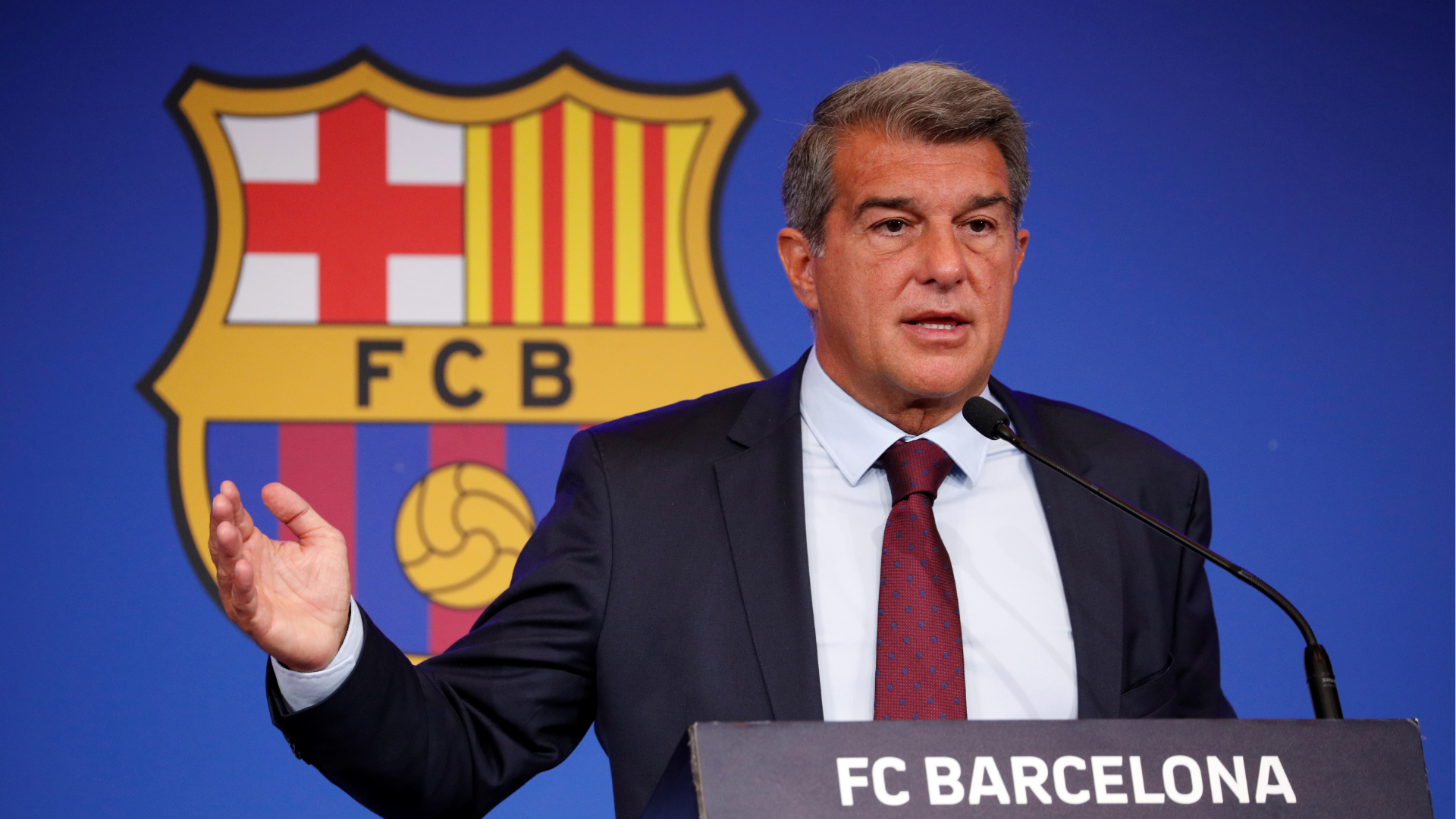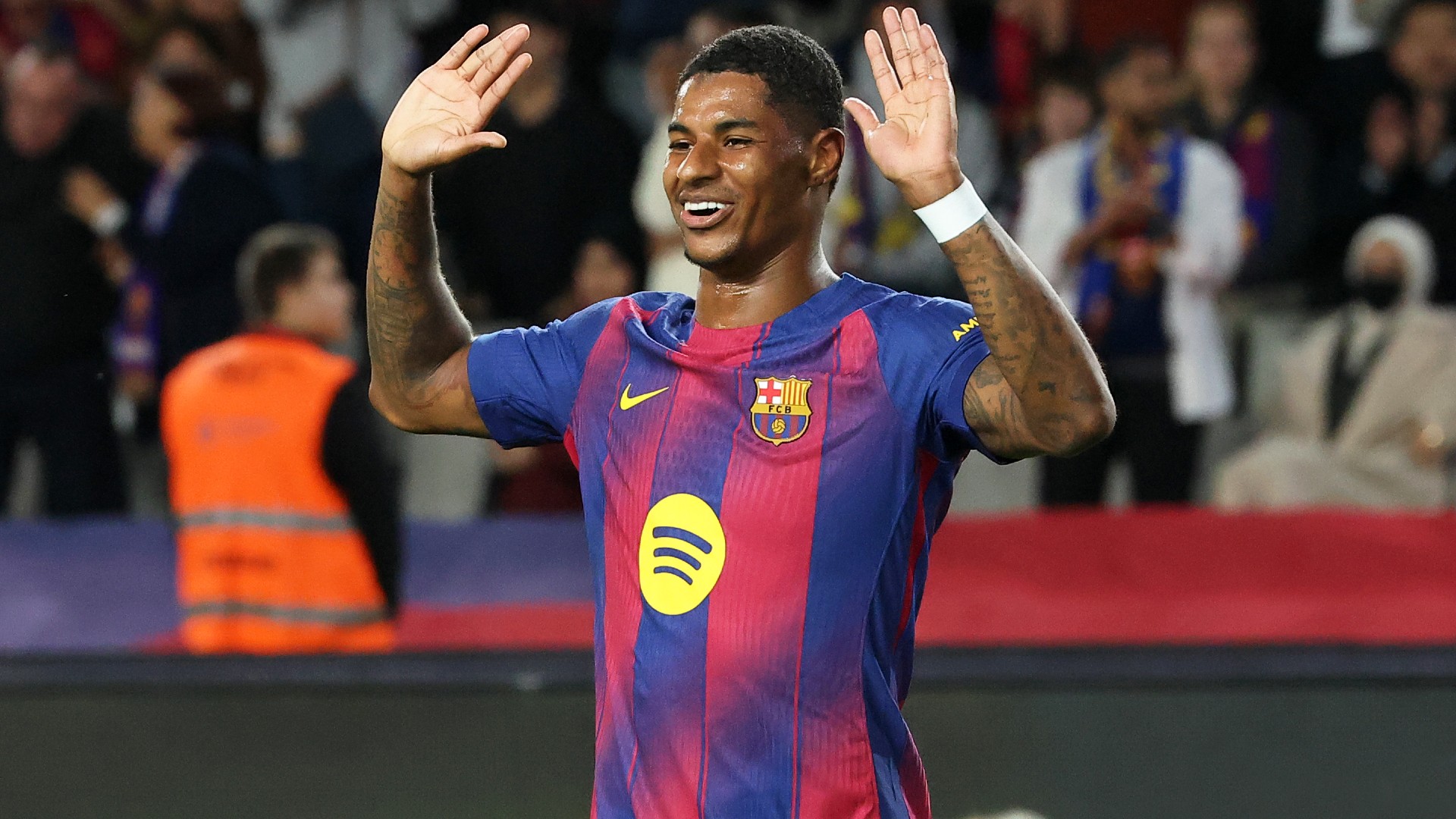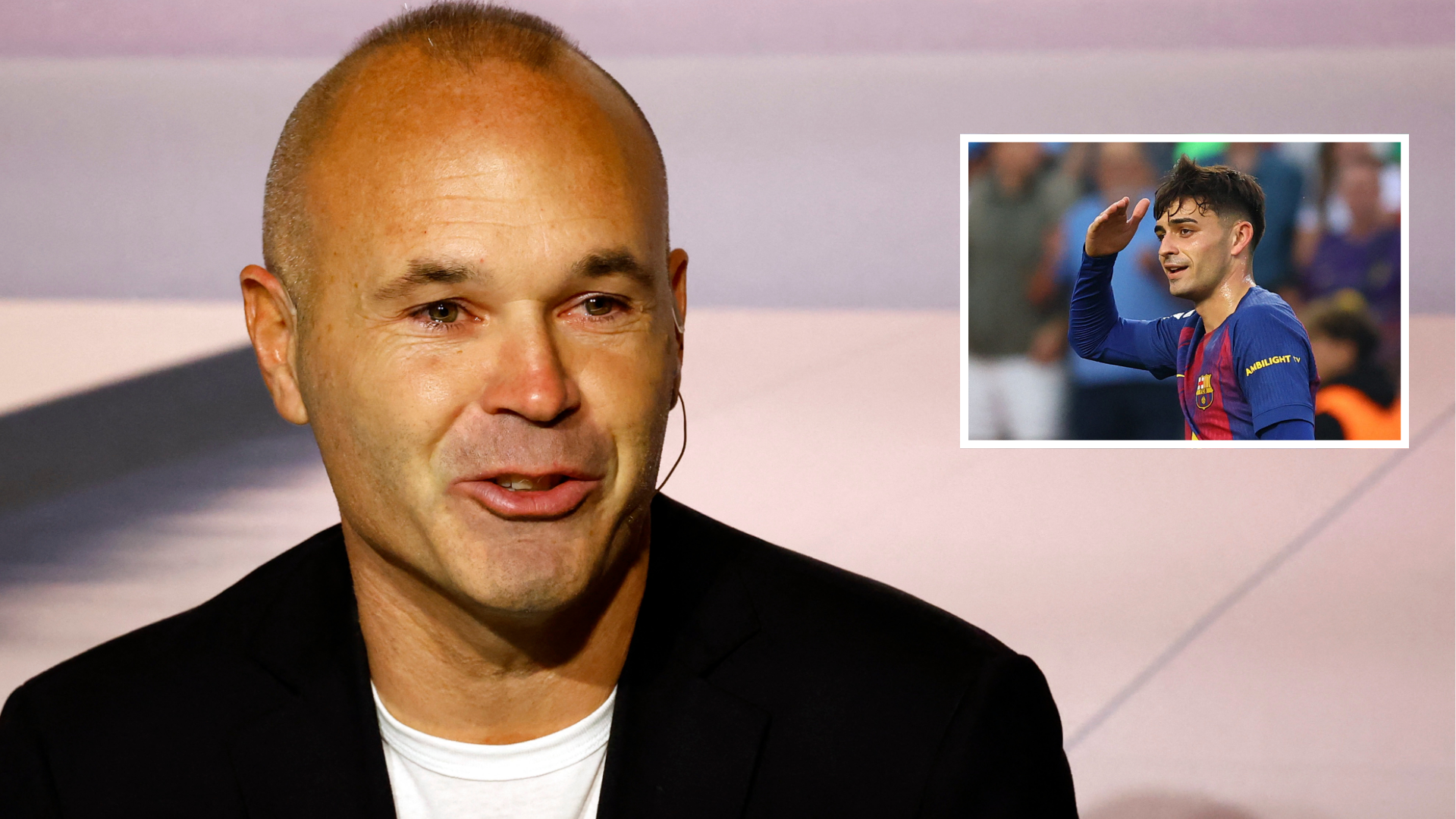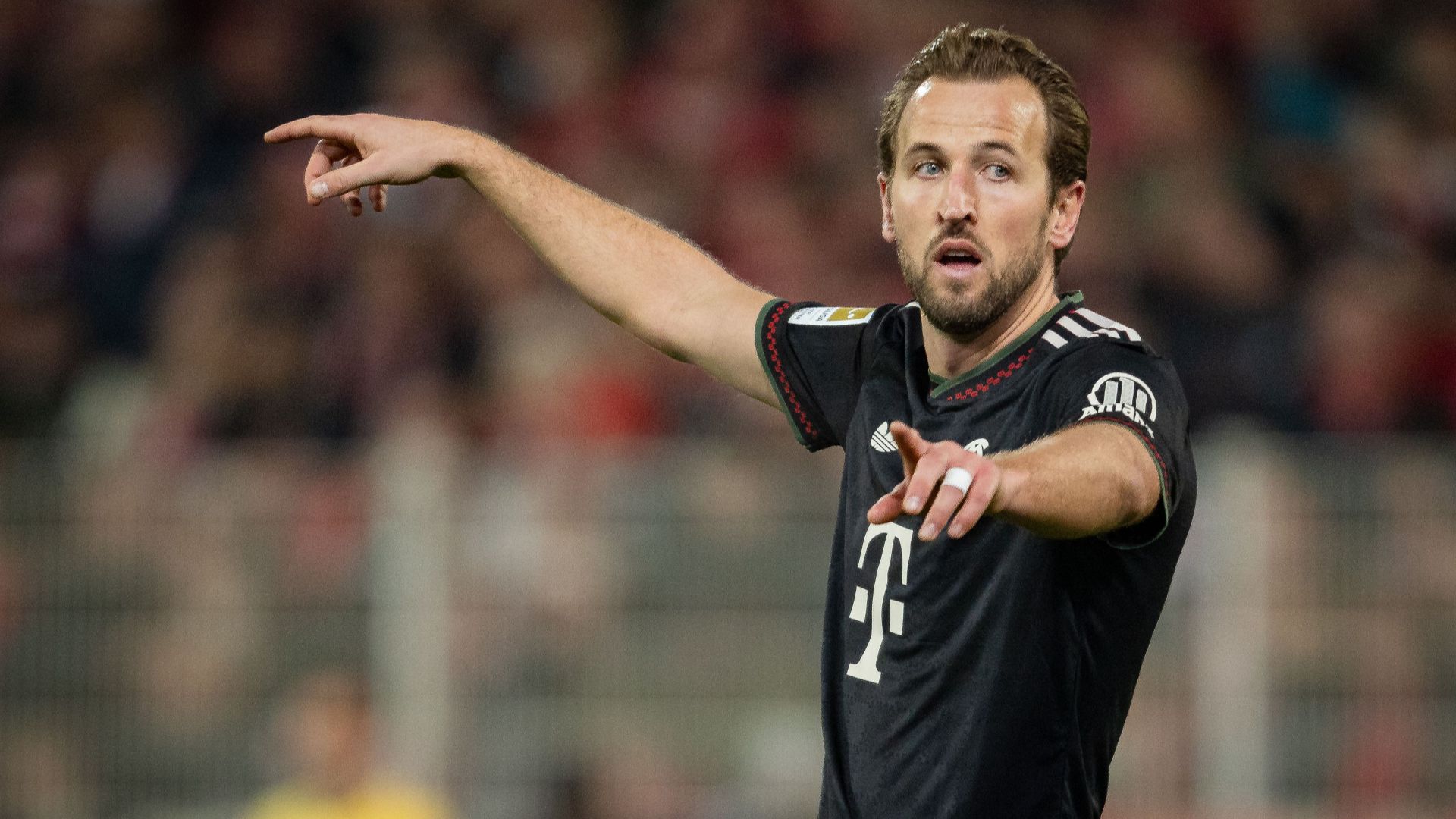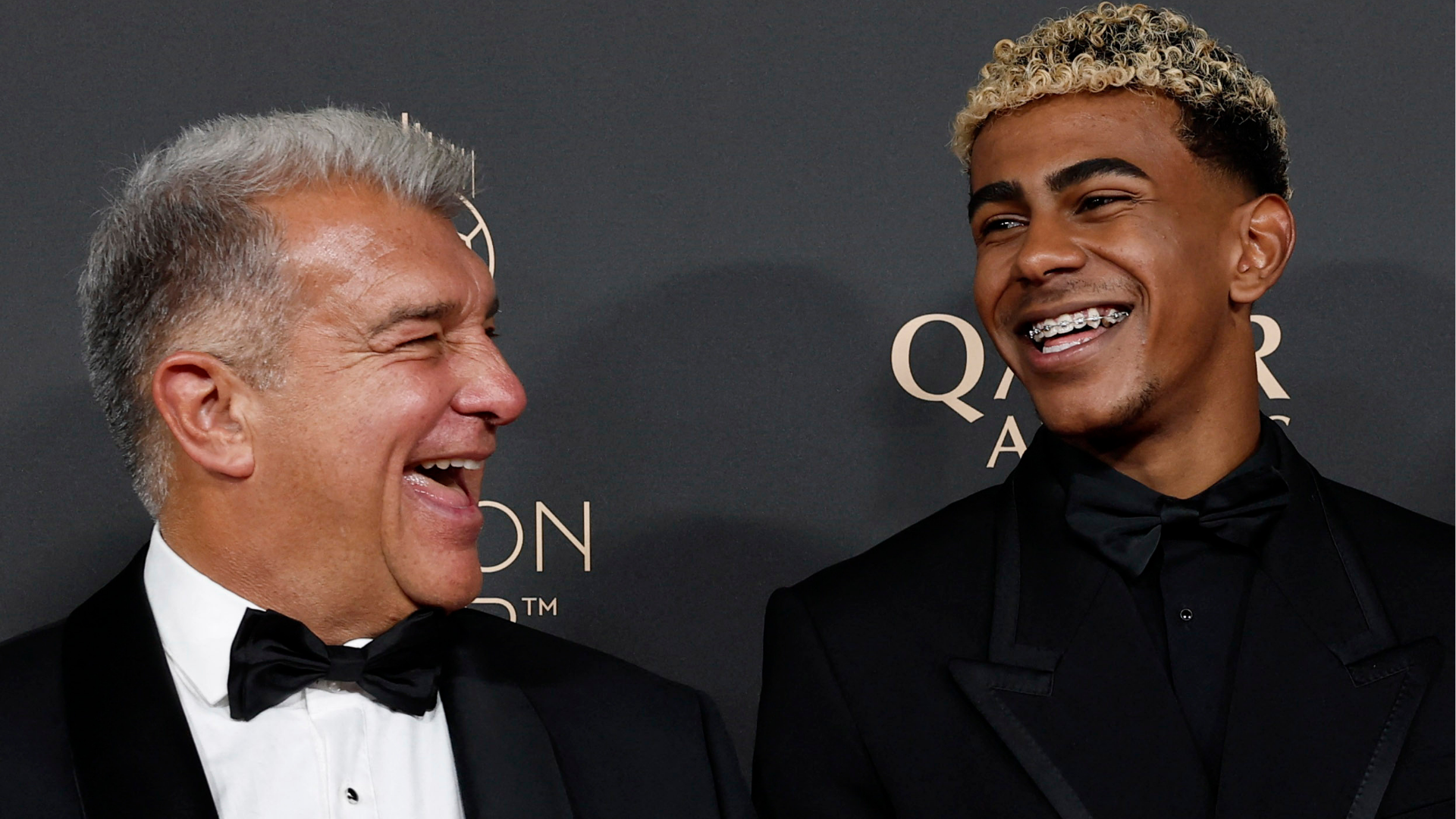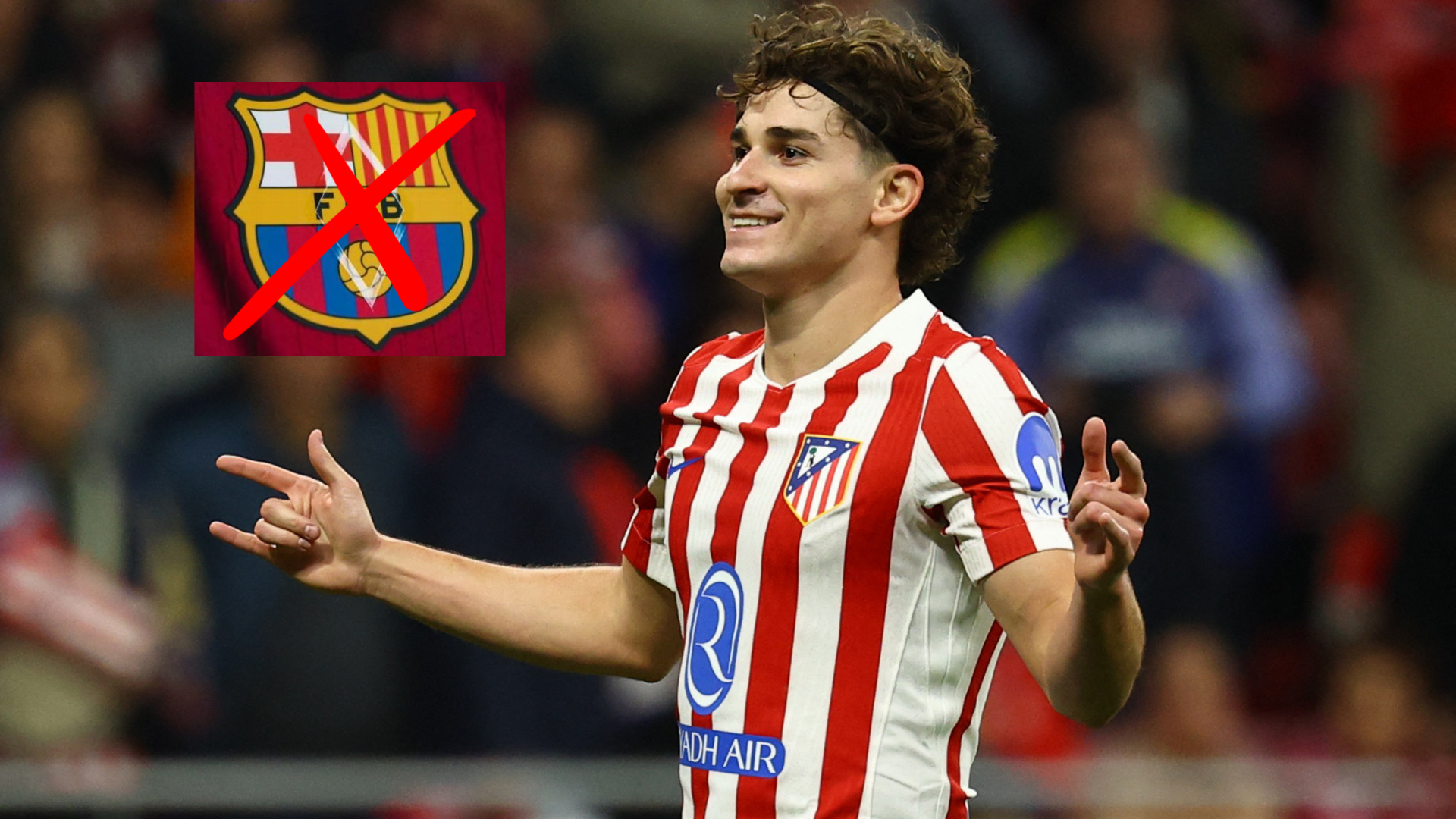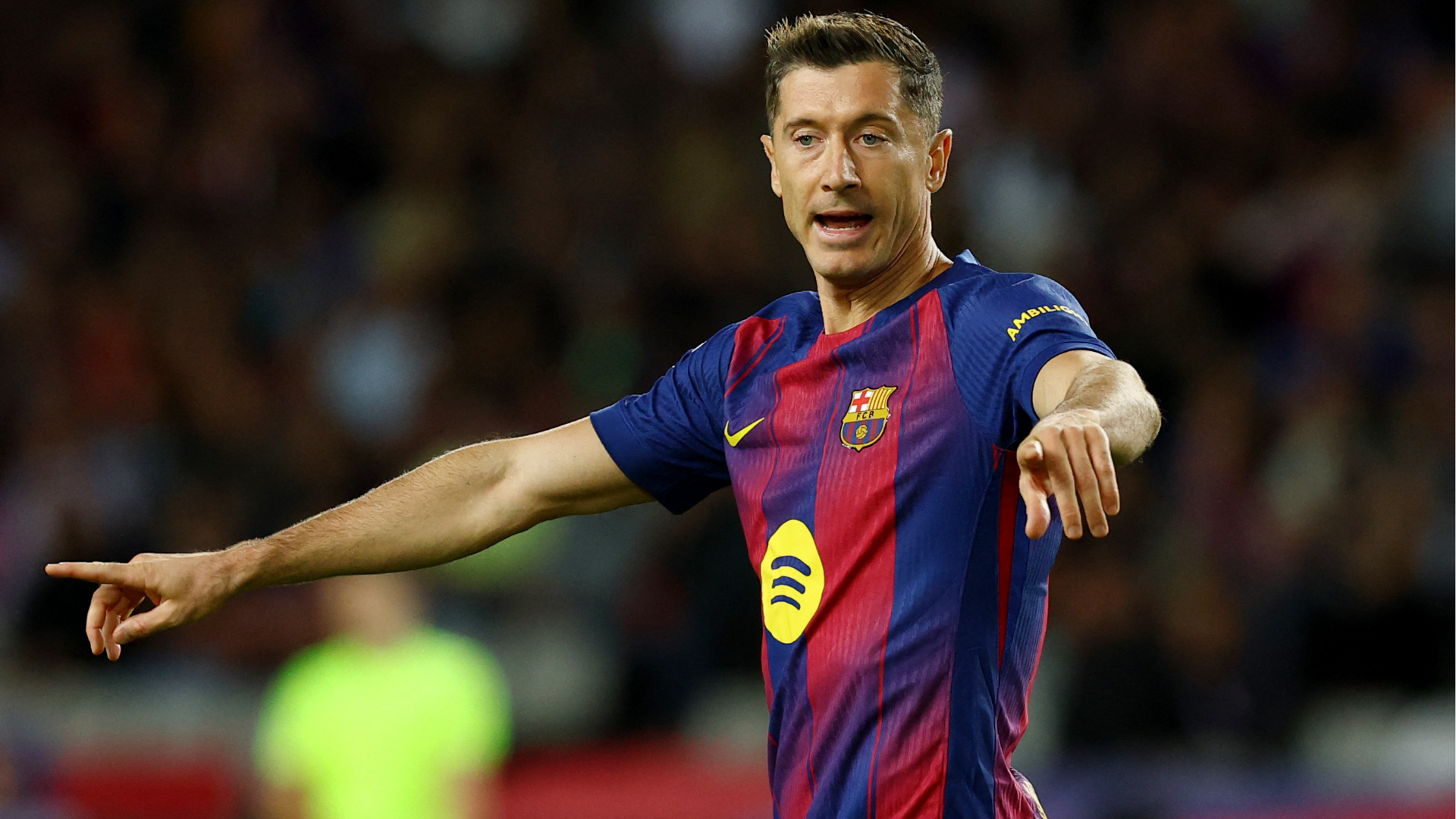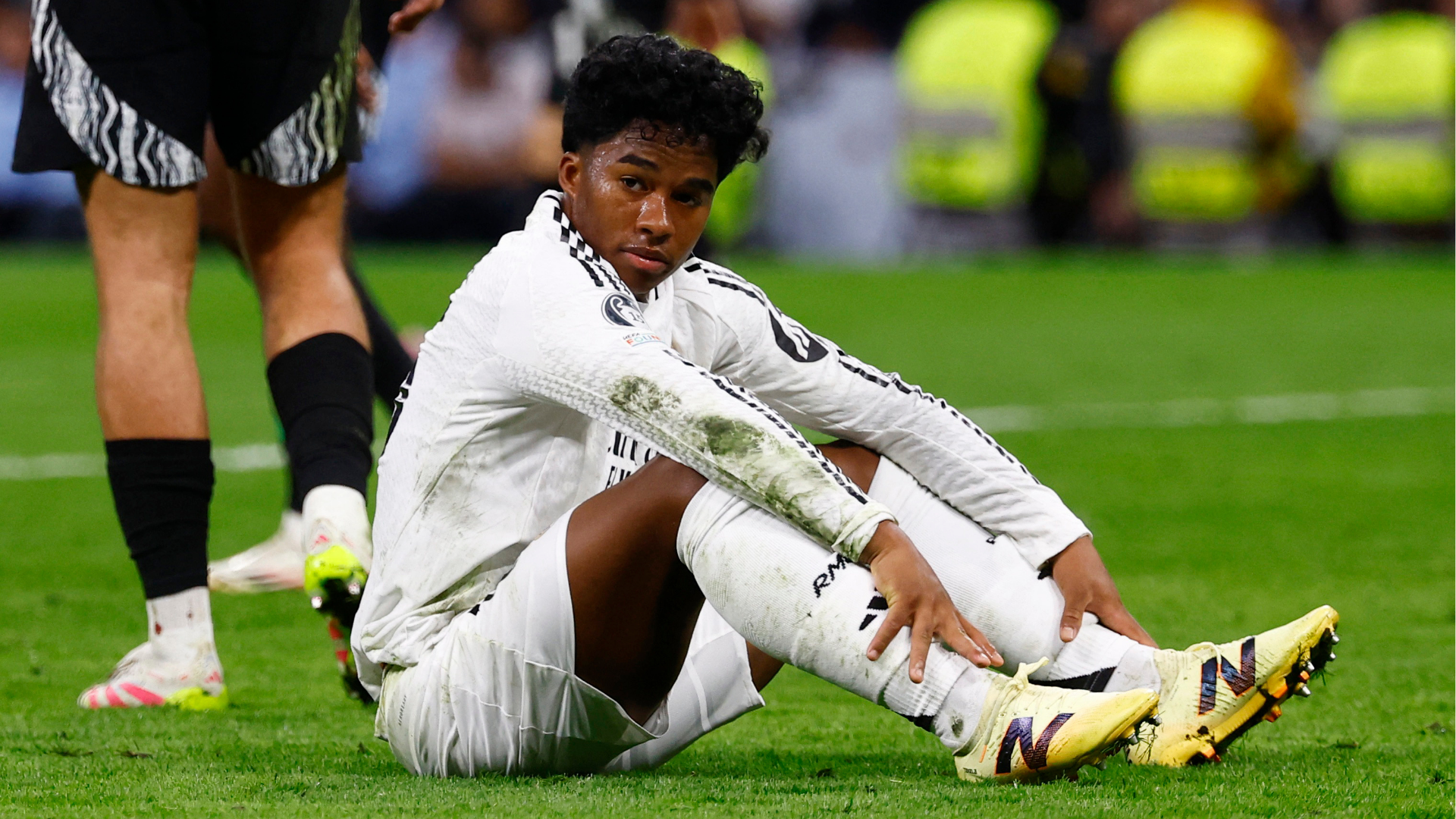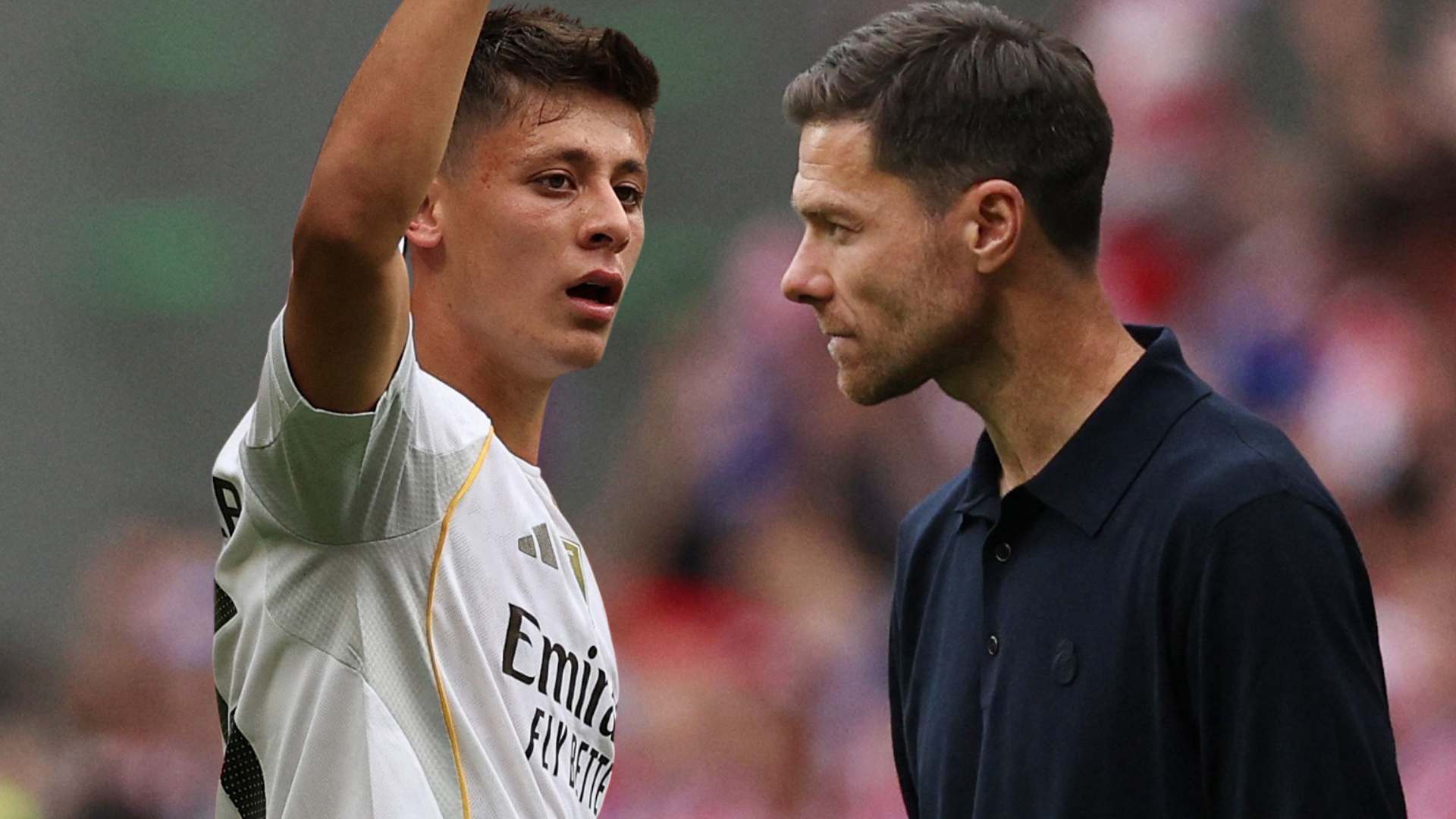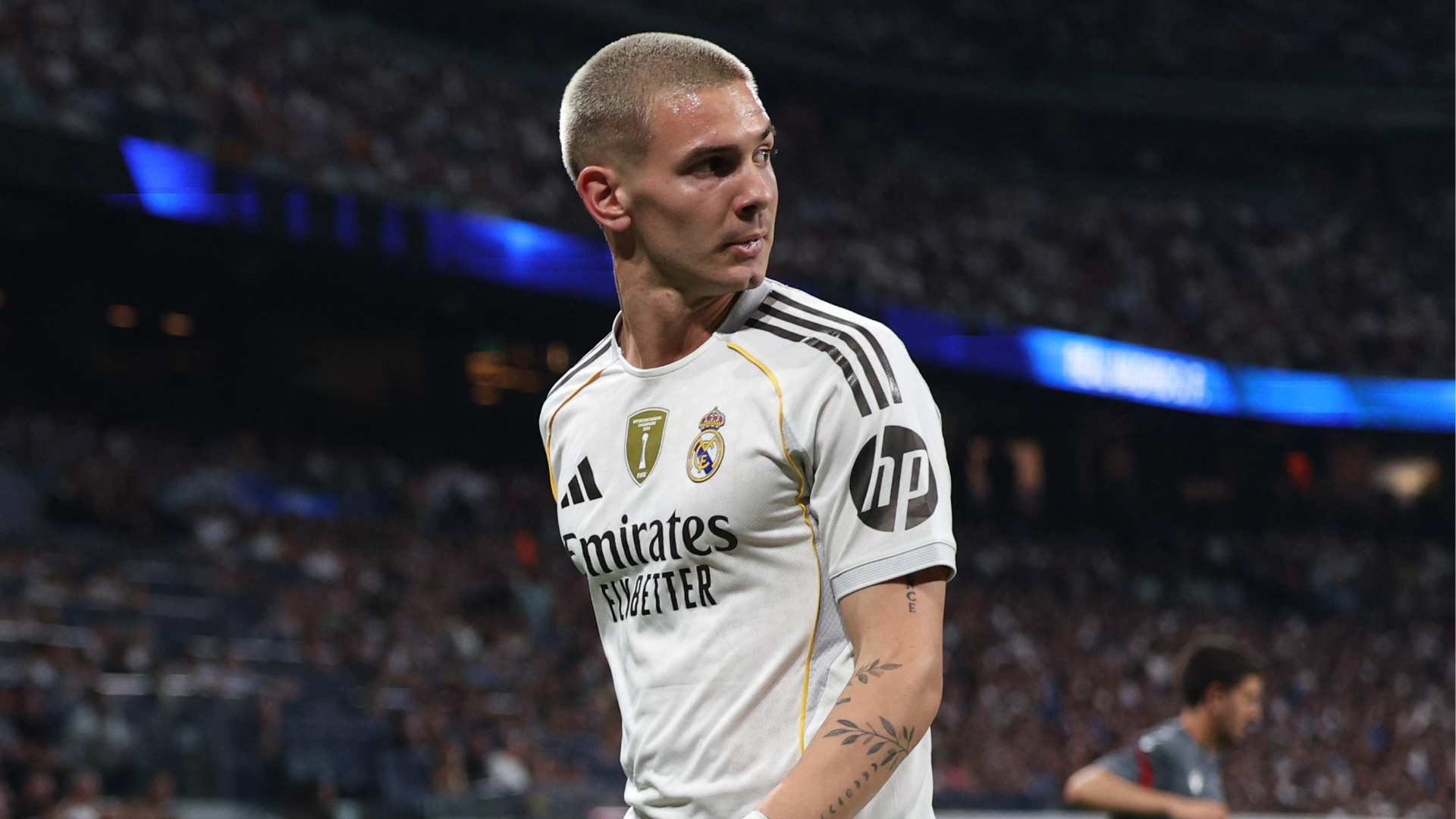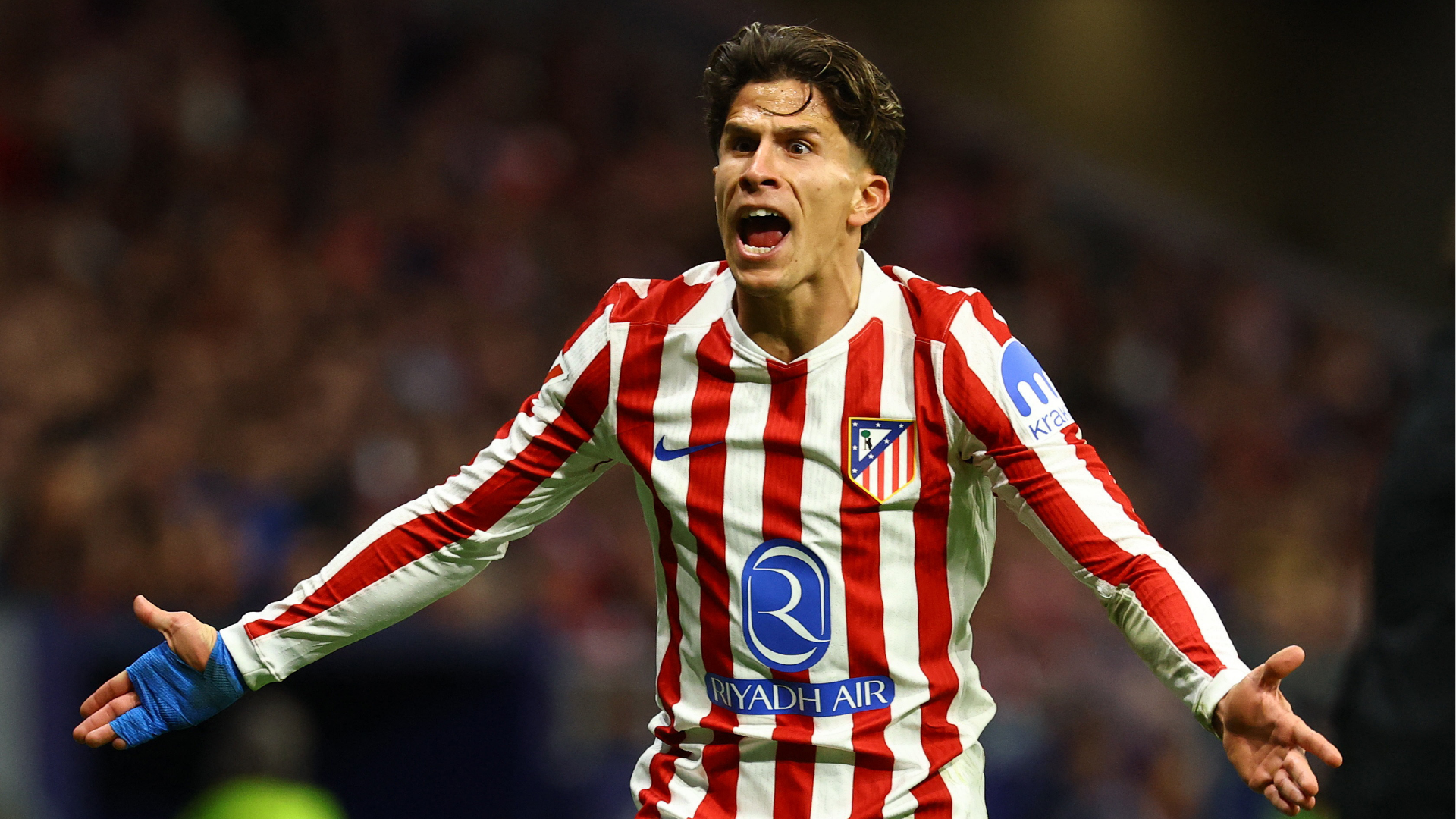Lamine Yamal And Real Madrid Top Spain’s Online Hate Rankings
Social media has become the perfect arena for people to unleash the worst version of themselves. In sports —where visibility, rivalry and tribalism collide— that toxicity becomes even more amplified. A new report makes it painfully clear: in Spain, attacking players and clubs online has become routine… and measurable.
The Spanish Observatory Against Racism and Xenophobia (Oberaxe) analyzed thousands of posts to understand how online hate spreads within the sports world. The results are alarming, exposing how deeply normalized abusive behaviour has become.
Lamine Yamal, The Main Target Of Online Abuse
On an individual level, one name stands above the rest: Lamine Yamal.
The young FC Barcelona star —one of the brightest talents in Spanish football— is also the primary target of racist and xenophobic attacks online. According to the report, he receives 60% of the insults recorded.
The language directed at him —detailed explicitly in the study— reflects the racism still embedded in parts of society. Oberaxe director Tomás Fernández explained that Yamal’s background and skin colour make him an easy target for haters:
“It reflects the prejudices that persist, and social media offers them a space to express it without limits.”
Behind him on the list is Vinicius Jr. with 29% of the abuse, followed by Kylian Mbappé with 3%. Further down appear Nico Williams, Iñaki Williams, Alejandro Balde and Brahim, each with around 2%.
Real Madrid Tops The Club Hate Rankings
The study also measured online hate directed at clubs —and once again, the numbers paint a troubling picture.
Real Madrid leads the list with 34% of all abusive posts, narrowly ahead of FC Barcelona, which receives 32%.
Surprisingly, Valladolid ranks third with 17%, followed by Valencia (8%), Athletic Club (6%), Real Sociedad (5%) and Atlético de Madrid (4%).
For Fernández, this is not a trivial issue:
“What happens in football is a reflection of our society. Many believe insults aren’t harmful, but that aggressive language can spill over into real life and even lead to physical violence.”
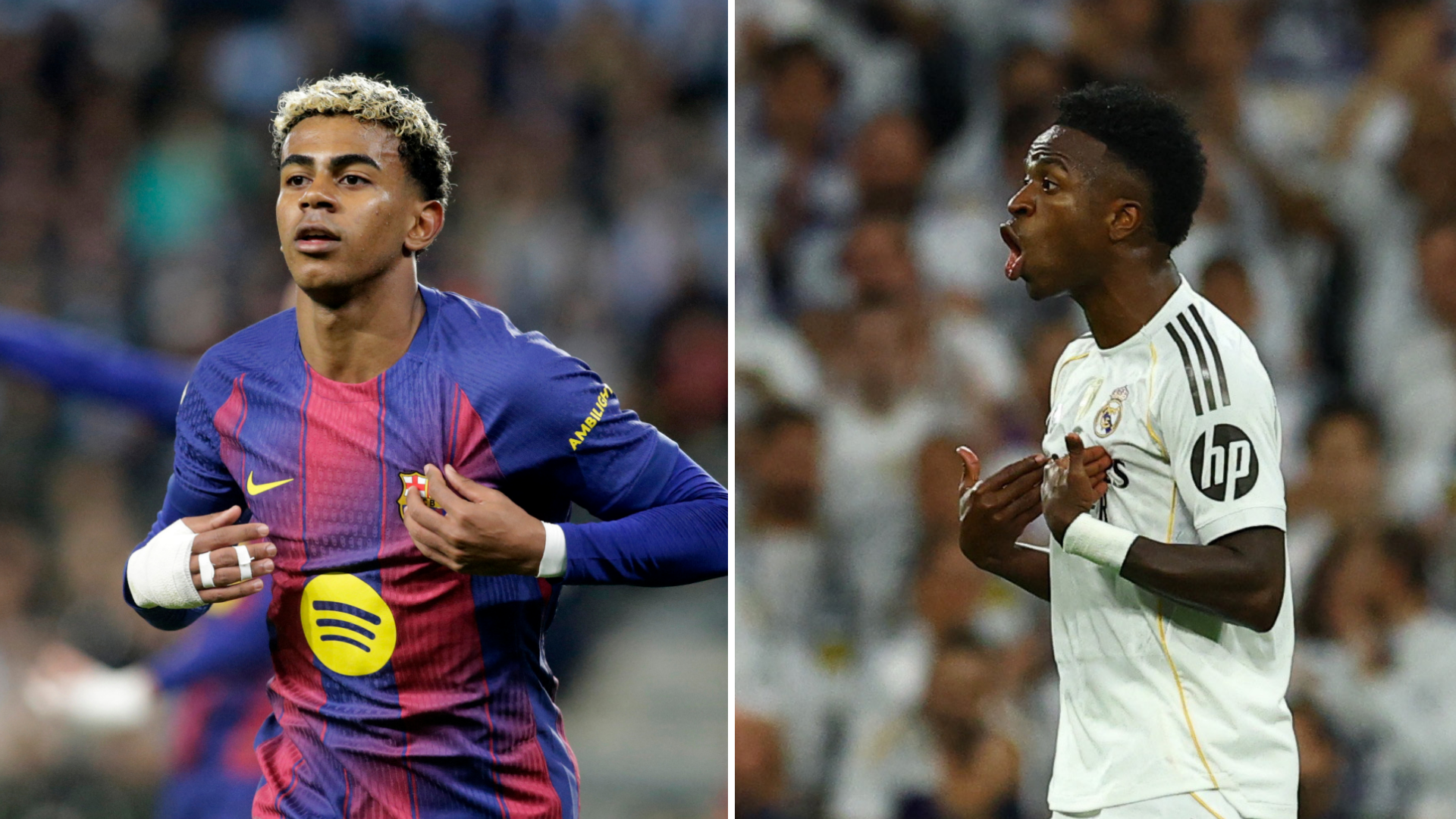
El Clásico: A Hotbed Of Abuse
During El Clásico, the volume of hate spikes dramatically.
Slurs captured in the study —from racial insults to xenophobic attacks— reveal that beyond sporting rivalry, deeply rooted harmful narratives continue to plague online discussions.
The data paints a clear picture: Spain’s football ecosystem, especially its biggest stars and clubs, is drowning in a wave of digital hostility that goes far beyond banter.










